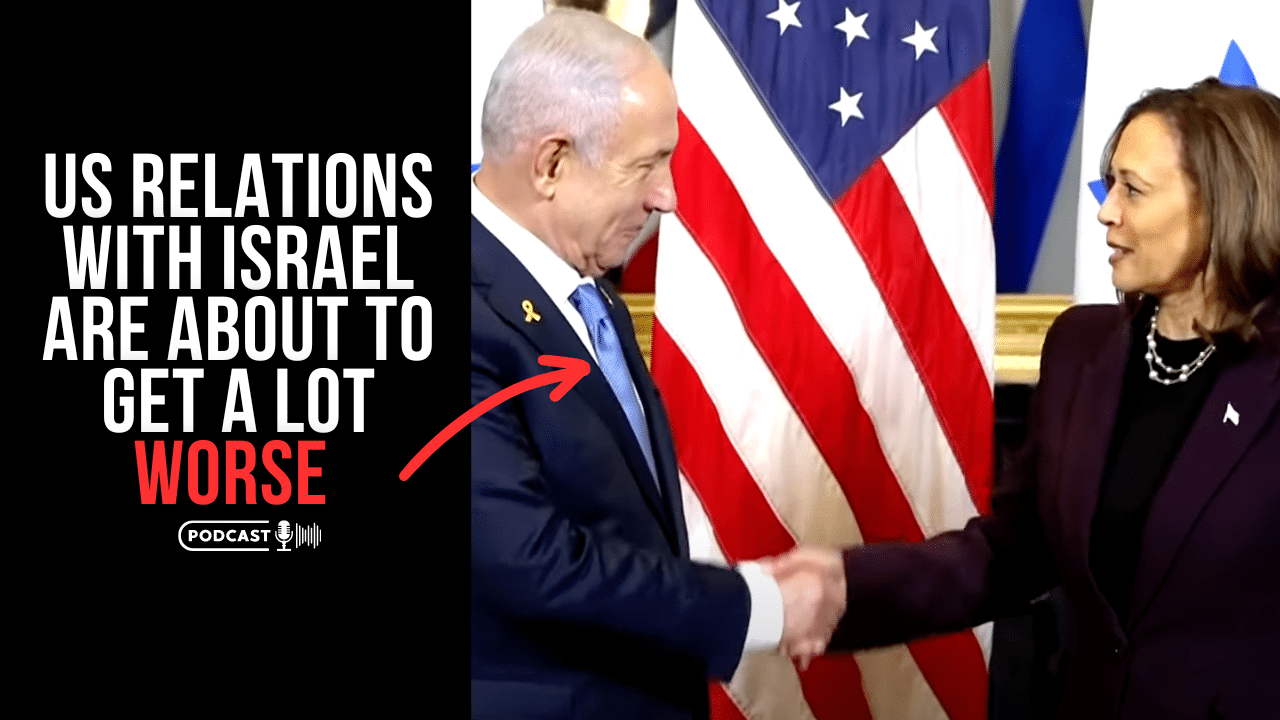On July 17 the Russian government announced that it was pulling out of a deal to facilitate the export of millions of tons of grain from Ukrainian ports. The arrangement had been in place since July 2022.
According to NPR, The Kremlin’s move immediately sparked concern, particularly in food-insecure countries. The Kenyan government was quick to denounce the withdrawal as a “stab in the back” for drought-hit nations in the Horn of Africa. U.N. Secretary-General Antonio Guterres said that Russia’s withdrawal “will strike a blow to people in need everywhere.”
Grain prices have been fluctuating since. On Monday morning after the announcement, Chicago wheat futures – a global benchmark for prices – briefly jumped around 3% before falling later in the day.
By Wednesday afternoon Russia announced that all ships in the Black Sea bound for Ukrainian ports will be considered potential military cargo starting Wednesday. Wheat futures jumped 9%.
Monday’s withdrawal announcement came hours after explosions damaged a bridge connecting Russia with the annexed Crimean peninsula.
Moscow blamed the incident on Ukraine but said the attack was unconnected to the termination of the grain deal. On Tuesday, Moscow launched a barrage of missiles against the Ukrainian port city of Odessa, a key export point for grain.
The Ukraine grain crisis unfolded in March 2022, when Russia invaded its neighbor. Ukraine had been one of the world’s largest exporters of grain and sunflower oil, which reached hundreds of millions of people in low-resource countries.
Russian forces imposed a naval blockade on Ukrainian ports, immediately engulfing the world in a food security crisis. Food prices soared as millions of tons of grain exports were stranded for five months.
Hope arrived in July 2022: Turkey and the U.N. negotiated the Black Sea Grain Initiative, enabling cargo ships to pass safely out of Ukrainian ports to the Bosporus Strait.
From there a joint inspection by Ukrainian, Russian, Turkish, and U.N. officials – checking to see that no weapons are on board — and vessels proceed to their destinations around the world. According to the World Food Programme, the initiative allowed over 725,000 tons of wheat to be shipped to Afghanistan, Yemen, and east Africa.
But the deal was far from perfect. Joseph Glauber, senior research fellow at the International Food Policy Research Institute (IFPRI), says Russia has been criticized for dragging their heels on inspections and repeatedly threatening to pull out of the deal.















